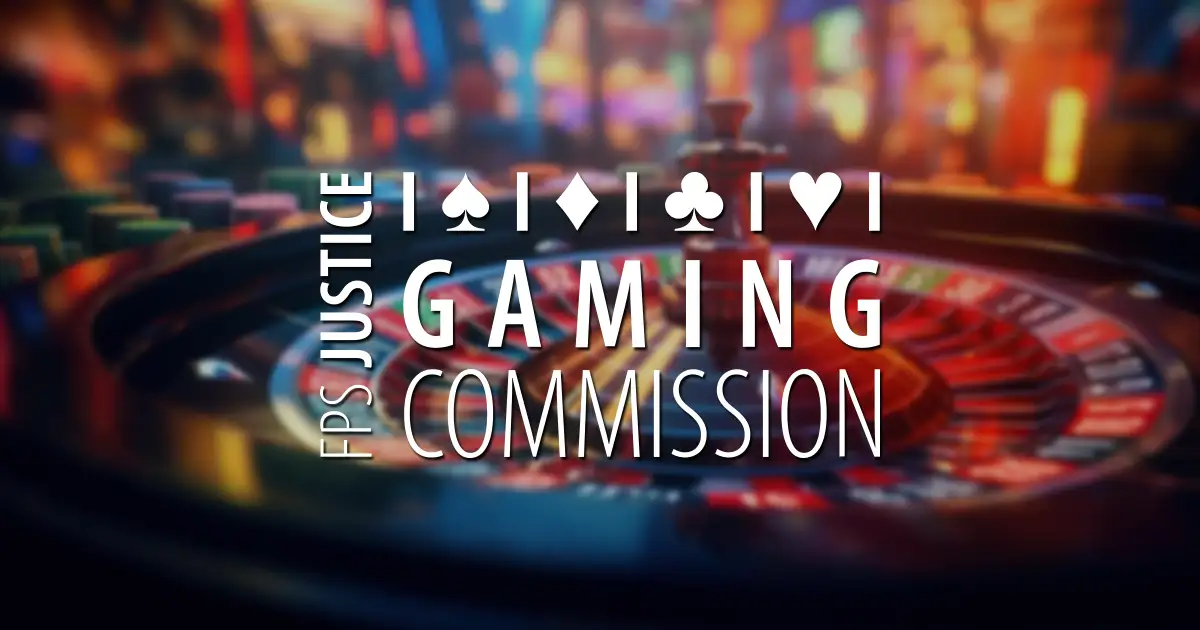RTBF investigates: authorising gambling despite addiction, why?
Why does Belgium continue to authorise online gambling when some people are becoming addicted to it? This question has given rise to an in-depth RTBF investigation that reveals the political choices, the limits of protective measures and the paradoxes of a sector that is both lucrative and dangerous.
A citizens’ question turned into an investigation
It all started with a question sent by a viewer to RTBF:
‘Why does Belgium allow online gambling when some people are becoming addicted to it?’
This simple but essential question led the editorial team to investigate with experts, institutions and the Gaming Commission. It highlights the contradictions of a system that, while seeking to protect players, continues to promote a legal market worth several billion euros.
A political choice: regulate rather than ban
The Belgian authorities explain that a total ban on online gambling would be illusory. The Gaming Commission points out that if they were to close the market completely, players would turn to illegal sites, often hosted abroad and uncontrollable.
By authorising legal operators under licence, Belgium hopes to limit the excesses of the black market: fraud, money laundering, lack of protection for players and considerable tax losses. But this strategy raises a crucial question: how far can we regulate an activity whose aim is to make people spend more and more?
Safeguards in place
In response to the risk of addiction, Belgium has introduced a number of measures presented as safety nets.
Since 2022, deposits have been limited to €200 per week per player on online platforms. But RTBF reveals that this barrier can be circumvented, in particular by multiplying accounts with different operators.
Another tool is the EPIS (Excluded Persons Information System) file, which enables vulnerable people to request their voluntary exclusion from gambling. Today, several tens of thousands of Belgians are registered with the system.
When protection shows its limits
Despite these safeguards, the effectiveness of the measures remains contested. Advertising, which is still widely present in the media and in sport, has been singled out for criticism. Experts fear that it trivialises betting among an already vulnerable public, particularly young people. The Conseil Supérieur de la Santé even recommends raising the legal gambling age from 18 to 21, a measure that is the subject of much debate.
Behind these contradictions, one fact remains: the state derives significant revenue from this sector, through licences and taxes. Legalising the sector also means guaranteeing a significant tax stream. But this economic choice clashes with the public health imperative.
What about the future?
The RTBF survey shows that the debate is far from over. A number of avenues are on the table: a total ban on advertising, better supervision of operators, strengthening of the exclusion system, or raising awareness among young people of the dangers of gambling and the loot boxes present in some video games.
One thing is certain: the question posed by a private citizen highlights a complex dilemma between individual freedom, public health protection and economic issues.


